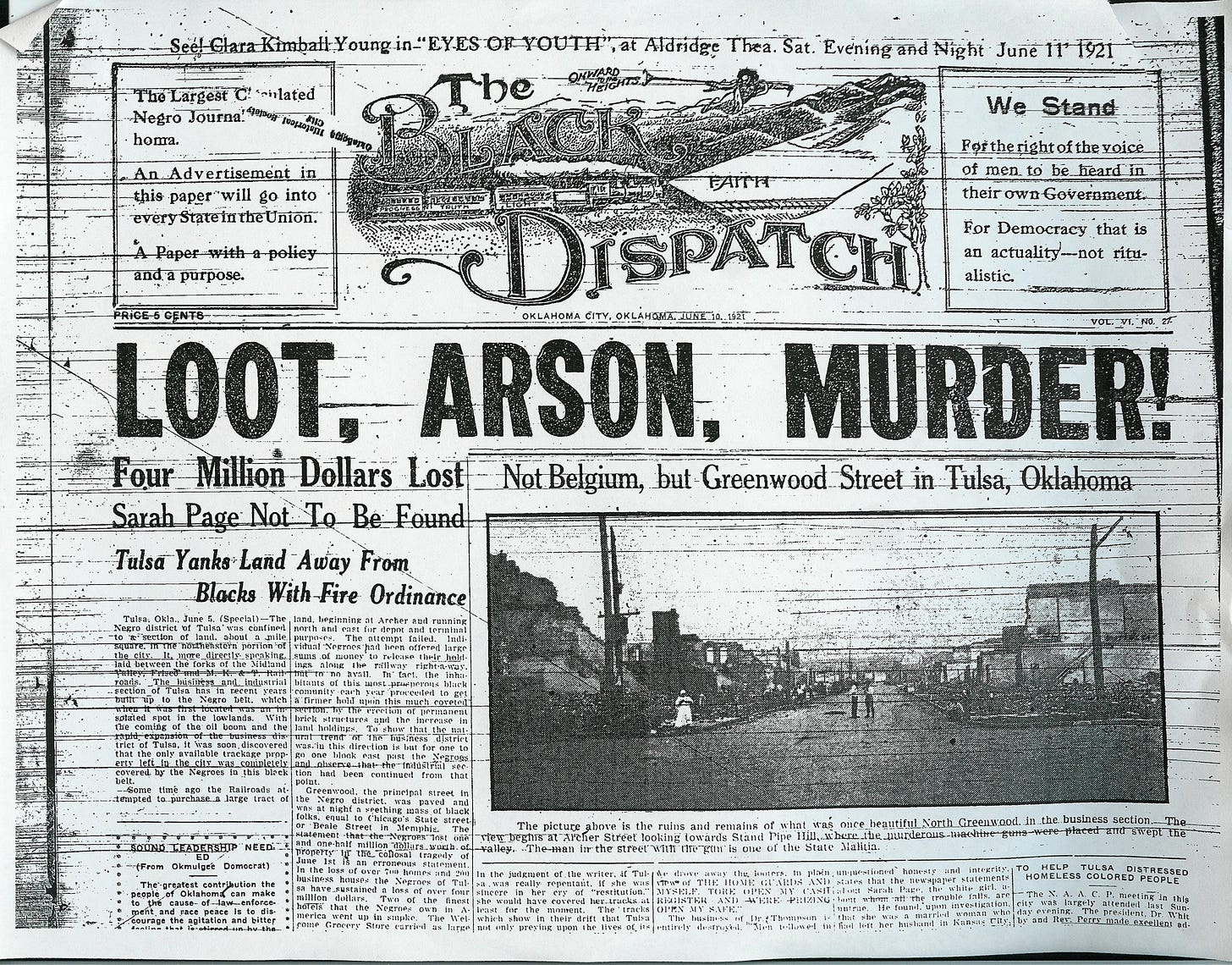First, Kill The News
Then, do whatever you want.
The Speaker of the House shut down the House of Representatives early in order to avoid allowing votes on matters about the President’s involvement with a convicted sex criminal. This the matter that the President’s own attorney general told the President he is implicated in, right before that attorney general decided not to release the files, in order to protect the President. That’s a pretty crazy thing, no? I mean, I don’t think you need to be hyperpartisan to say that such a thing seems scandalous enough to taint the entire power structure that enabled it—White House, party leadership, and funders alike.
It seems, in fact, like the latest manifestation of the mind-warping trend of cartoonish scandals that would have upended national politics, in the world that existed a decade or two ago, and which now just sort of… fizzle. They happen. They are revealed. And then nothing substantive happens in response. The bad stuff carries on. The reaction among voters seems strangely muted. The politicians involved do not change their behavior. The people who strategized and funded the current state of affairs somehow avoid permanent disgrace, and carry on as usual. It helps that, as one (anonymous) Republican strategist told a Wired reporter, “most voters don’t have a fucking clue who Peter Thiel is.”
When historians of the future excavate the root causes of the Trump era, I suspect that the changing nature of the media environment will be seen as a key contributor. “Changing nature of the media environment” is a polite way of saying “Journalism and the associated news industry surrounding it was ground into dust.” The information ecosystem of America today is similar to the political environment of, say, Iraq, directly after the US military obliterated the Baath Party. On the one hand, that Baath Party had some serious flaws! On the other hand, now all the power has devolved into the hands of competing warlords, gangsters, extremists, and cutthroats, and everyone is shooting everyone, and it’s very hard for regular people to know where to send the check for their water bill.
And the water is now sewage.
The line from everyone listening to Walter Cronkite as the voice of God to everyone having a personalized, lying algorithm in their pocket is, of course, a long one. The internet happened, the big tech companies figured out how to monopolize all the ad money, traditional media companies got poorer, journalists everywhere got laid off, vulture hedge funds ate up local newspapers, and unscrupulous propagandists mastered news-tainment at an unprecedented scale. This is all well-trod territory, the subject of many years of gnashing of teeth from weepy traditionalists. One thing about media analysis, though—the thing that always keeps it relevant, no matter what insane new technologies come out to show people stupid videos—is that journalism, real journalism, is always a vital ingredient to a functional democracy. People who live in a country where they want a democracy to work want and need to know true things that are happening. So even if the media has gotten very damaged, as it has now, it is still worthwhile to think about where that journalism is going to come from today and tomorrow. Not enough journalism means not enough public knowledge of what is actually happening means a vacuum that can be taken advantage of by rich and powerful and manipulative people and organizations. As is happening now. In addition to the material causes of Trumpism—America’s history of racism, the flaws in our electoral system, the crisis of economic inequality—there is the very real problem of a population that, increasingly, is fed a bunch of bullshit, and does not have the tools to know how to escape that informational trap.
I have written before about the need for public funding for journalism. Last week’s defunding of PBS and NPR are just the latest demonstration of the fact that that is the exact opposite of what the people in power at the moment want. From their perspective, the ideal would be no journalism, ever, and only Charlie Kirk videos and podcasts by second-rate comedians. All genuine information would be restricted to analysts employed by investment firms that donate to the party in power. The citizens would talk about FOOTBALL and the masters of the universe would carry on undisturbed. This is the ideal social form that corporate capitalism is always working towards.
The current crisis of journalism can be seen as the coincidence of macro trends that are technological (the internet), economic (the concentration of wealth in the hands of tech titans), and political (the consolidation of power in the hands of Trump, a man who grows more powerful in direct proportion to the decline of the power of the traditional media). Even though the roots of this are deep, the speed with which decades of accumulated journalistic credibility have been crumpled up and thrown away is really something to behold. One billionaire bought, and wrecked, the LA Times. Another, even richer billionaire bought, and is now wrecking, the Washington Post. This is not a matter of being wedded to the old-timey form of the newspaper, but rather a matter of “there are only so many places where news reporters exist.” There are 75% fewer local journalists working in America today than there were in 2002.
The online media, where I spent much of my career, is shell of itself, gutted by layoffs caused by tech companies’ monopolization of online ad revenue. CBS, the home of 60 Minutes, paid Trump a bribe in a frivolous lawsuit, then canceled the show of the late night host who got on Trump’s nerves, all so that Trump will tell his minions to approve a merger that will make a tiny number of Hollywood wastrels very rich.
When Trump is satisfied that his boots have been sufficiently licked and that merger goes through, the new company will be controlled by David Ellison, who is rich because he is the kid of the world’s second-richest man. Thus a journalistic legacy that stretches back to Edward R. Murrow will be incinerated by a living symbol of the need for confiscatory inheritance taxes. Ellison has promised to install in The New CBS an “ombudsman,” ahem, who will ensure, I guess, that not too much true stuff is said about Trump, and also to end “DEI,” cough cough, so that no pesky black people are allowed to call Republicans racist, which would be racist.
Who is ascendant in this terrifying new world of Zombie Journalism? People like Bari Weiss, the replacement-level former NYT blogger who has made herself a ton of money by launching a website that exists to reaffirm the political instincts of wealthy, center-right people: All of our problems are a result of Wokeness run amok. (Her site is now home to official Former NPR Office Asshole Uri Berliner, who is headed to the special hell reserved for those who sit in a safe new perch and taunt their former colleagues who are about to be laid off.) Those same wealthy people have poured in funding to Bari’s site, allowing it to reach the point that she is now in talks to sell it for a reported $200 million. To who? To our friend David Ellison, who now seeks to remold all of CBS in Bari’s soothing image.
Journalism, like other good things, is not very compatible with unrestrained capitalism. The more power billionaires have, the more they want a media that tells them that they are forces for good. Because that is not true, they are, by human nature, drawn to squash real journalism and reconstruct in its place a simulacrum of journalism that strokes their considerable egos. Just as billionaire nerds dream of building the perfect AI sexbot girlfriend, so too do they dream of firing all the columnists and reporters who mocked them and replacing them with Bari Weiss, who will spoon opium-laced pudding into their mouths while purring reassuringly in their ears. That’s about where we are, right now. A side effect is that all the reporters who should be checking to see whether your city councilman is taking payoffs from various crooks are instead unemployed, and all of your neighbors are getting their news from AI-generated Russian disinfo Facebook pages. It’s a problem.
It is going to be very difficult to reconstruct an economic system that supports a healthy level of journalism without also reconstructing a political system that is capable of functioning in the public good rather than solely in the interests of oligarchs. And it’s hard to fix the politics without having a news ecosystem that is healthy enough and unifying enough to, at the very least, convince a majority of people of basic things like “a sex criminal who lies all the time is planning to take away your Medicaid.” This sort of circular quandary can often lead to a downward spiral.
For all of the talk about how much journalists love facts, this job requires a certain level of delusion. Specifically, it requires the belief that all of those malign social forces—wealth, power, prestige, cutthroat greed—can be balanced out, and even defeated, by truth. Truth! Yeah, right! When has that ever been the case? Still, you have to believe, deep down, that telling the world true things will manifest its own form of power. Eventually. And that it is a sort of power that spread, and multiplies, and grows on its own, no matter what artificial walls are built in its path. That truth shall overcome, baby. One day.
You gotta believe. Otherwise, what’s the point?
More
Related reading: It’s Not Looking Great: The slow assassination of the free press; Public Funding of Journalism Is The Only Way; Free Advice For Rich Idiots Who Have Some Bright Ideas About Media Ventures. Also, I’m now contributing periodically to CJR, and I wrote a column about these issues for them earlier this week.
Have you bought your How Things Work t-shirt yet? I am telling you it looks great and I only wear cool t-shirts, period. Ask anyone.
We don’t need to feel hopeless about the media. A very meaningful and tangible things that you can do is simply to pick a few publications that you think are good and pay to subscribe to them. If everyone does this, there will be enough money for a thriving independent media. It’s really that simple. It might be your local newspaper, or a national news outlet that has been rising to the occasion, or someone covering an important beat in a news desert, or an independent magazine or blog, or even an individual writer or two that you like. I hope, if you are reading this, that you will consider becoming a paid subscriber of How Things Work—the support of readers like you is the only way this place exists. But whether it is here or elsewhere, pay for a few things you think are good. We’ll all get to the other side together.




I've been saying this for years, but I think that the problems festers a bit further. Idiots buy into the propaganda masquerading as news because the education system has failed those same idiots by not providing them the tools necessary to distinguish the two, and the education system failed them because it is focused on three things: Jobs, jobs, and jobs. We've demonized the liberal arts since (of course) Reagan, and now we're reaping the very foreseeable hellscape that is a polarized reality where debate is impossible because we don't start from a shared factual experience.
I come from a long line of print journalists. Was laid off in 2009. It’s a calling. We certainly didn’t do it for the money. I believe people are hungry for the truth, and there are many thousands of us truth tellers who would love nothing better than to get back into it.